Are you looking for an alternative to Tower Garden Tonic? If so, then this blog post is just the thing for you! In it, we’ll be exploring some amazing alternatives to popular Tower Garden Tonics. These products will help provide essential minerals and vitamins that are key components of healthy lawns and gardens. We’ll also discuss how these tonic alternatives can improve your garden’s overall health and resilience in today’s environmental conditions. So grab a cup of coffee or tea while we dive into learning about the many wonderful ways to ensure your plants get all the nutrients they need!
Tower Garden Tonic Alternative
Humboldts Secret Base
It is a great alternative for those looking to supplement their Tower Garden with a nutrient and mineral rich tonic. It contains over 70 minerals, vitamins, amino acids, carbohydrates, and more – all derived from natural sources like kelp meal and Himalayan sea salt. This base formula is designed specifically for use in hydroponic systems such as Tower Gardens, making it an ideal addition to any gardening setup. Humboldts Secret Base supports healthy plant growth by providing the essential nutrients needed for photosynthesis and other vital functions. This tonic contains a well-proportioned mixture of compounds that can assist in promoting your plants’ robust root growth and vibrant foliage production. Additionally, using the tonic is simple. All you need to do is mix half a teaspoon of it per gallon of water and apply it to your Tower Garden once a week or whenever necessary.[1]
General Hydroponics Plant Food
General Hydroponics Plant Food is another great alternative to Tower Garden Tonic. It contains essential plant nutrients like nitrogen, phosphorus, potassium, and calcium in an easy-to-use liquid form. With this formula, you can customize the nutrient levels of your hydroponic system according to the specific needs of your plants. This tonic also helps promote healthy root growth and encourages vigorous foliage production. To apply the plant food, mix one teaspoon of it with a gallon of water and directly apply it to your Tower Garden every 7-10 days or as required.
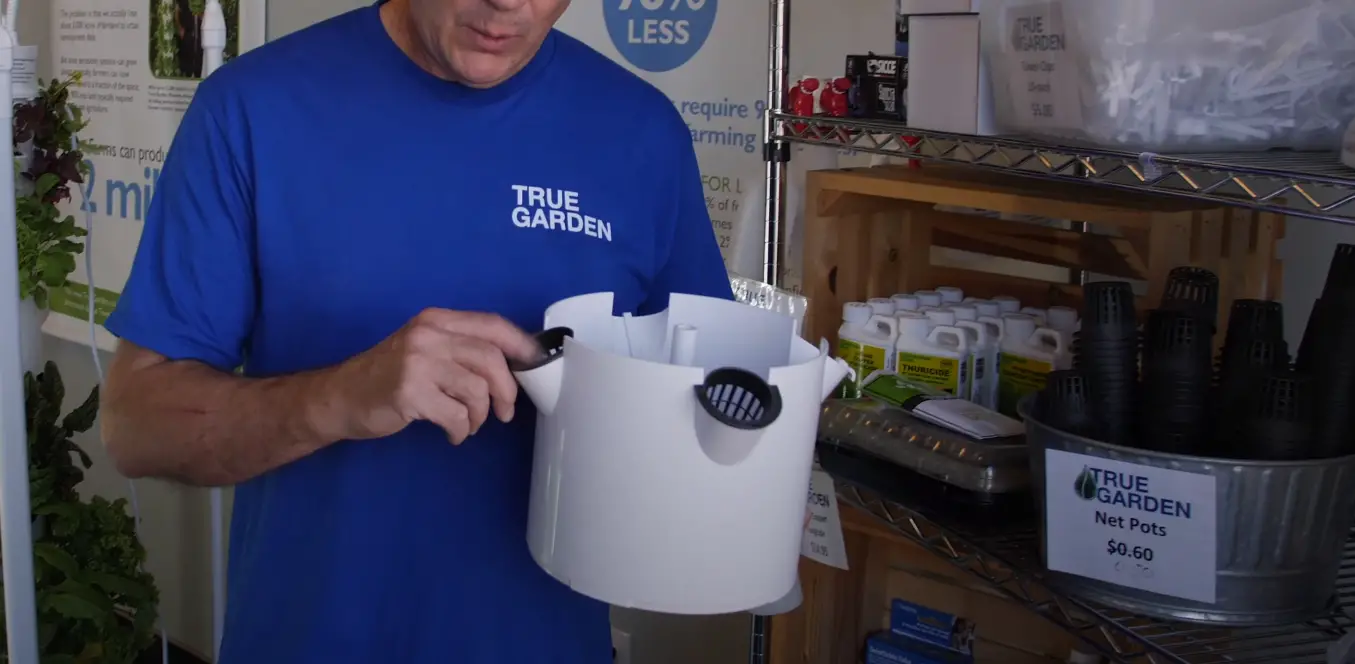
Liquid Nutrients
Liquid Nutrients is another popular alternative for Tower Garden Tonic. This formula contains a range of minerals and trace elements specifically designed to support the growth of flora in hydroponic systems. It’s rich in nitrogen, phosphorus, potassium, and calcium – all essential nutrients that help promote strong root development and lush foliage production. Plus, it’s easy to apply – just mix 1/2 teaspoon of the tonic per gallon of water and apply it directly to your Tower Garden every 7–10 days or as needed.
Quad-Pot Vertical Hydro-Gardens
Quad-Pot Vertical Hydro-Gardens offer a unique and innovative form of gardening that is ideal for those with limited space. Quad-Pots are designed to hold four plants in one container, making them the perfect supplement to any Tower Garden Tonic system. They are a great way to grow microgreens, herbs, salad greens, and more in a compact area. The Quad-pot works by suspending each plant in its own pot above a reservoir of nutrient solution. This reservoir allows the roots of the plants access to all the water and nutrients they need while ensuring that no excess liquid can be lost through evaporation or spillage. The design also eliminates any need for weeding as all the growth medium is safely secured within the Quad-pot. With this system, you can easily grow up to four plants in one small area and harvest fresh produce all year round.
Wall Gardens
Wall gardens are an exciting and modern alternative to traditional gardening methods. They use a series of vertical hydroponic panels that can be mounted on a wall or ceiling, allowing you to grow plants up instead of out. Wall gardens are perfect for those living in apartments or with limited outdoor space as they require no soil, weeding, or watering to maintain them. The only thing needed is to fill the panel with nutrient-rich water and the plants will soak up all they need from the solution via their roots. Also, wall gardens are aesthetically pleasing and can add some color and life to any indoor area. [2]
Aquaponics Systems
Aquaponics systems combine the best of both aquaculture (fish farming) and hydroponics (growing plants in water). Aquaponics systems use fish waste to fertilize plants, while the plants filter and clean the water for the fish. This symbiotic relationship between fish and plants creates an efficient loop that is beneficial for both organisms. Aquaponics systems can be used with Tower Garden Tonic to provide a complete nutrient solution for growing plants indoors or outdoors. The tonic contains natural ingredients such as kelp meal, humic acid, rock dusts, and beneficial bacteria that help improve soil fertility and feed plant roots. When added to an aquaponics system, these nutrients are released slowly over time, providing a consistent source of nutrition for plants without the need for additional fertilizer applications.
Non-Automated Vertical Gardens
Vertical gardens are an ideal way to make use of limited space and maximize growing potential. Traditional vertical gardens involve stacking planters in a series, which requires manual watering and nutrition management. Tower Garden Tonic can be used with these non-automated vertical gardens to provide a complete nutrient solution for plants. The tonic provides essential micronutrients that help promote good root health and plant growth, while also improving soil fertility. It contains natural ingredients such as kelp meal, humic acid, rock dusts, and beneficial bacteria that break down slowly over time, providing a steady source of nutrition for plant roots without the need for additional fertilizer applications.
What Are Tower Garden Tonic Used for?
Tower Garden tonic is an all-natural and organic liquid fertilizer that can be used in many ways during different stages of plant growth. It provides essential nutrients for both the vegetative and flowering stages, helping to promote vigorous plant growth and bounty for your Tower Garden or container garden.
Tower Garden tonic is also great for starting new seedlings off on the right foot. The tonic provides a natural boost of minerals and nutrients to help the plants take root quickly, giving you an earlier harvest time and better yields overall.
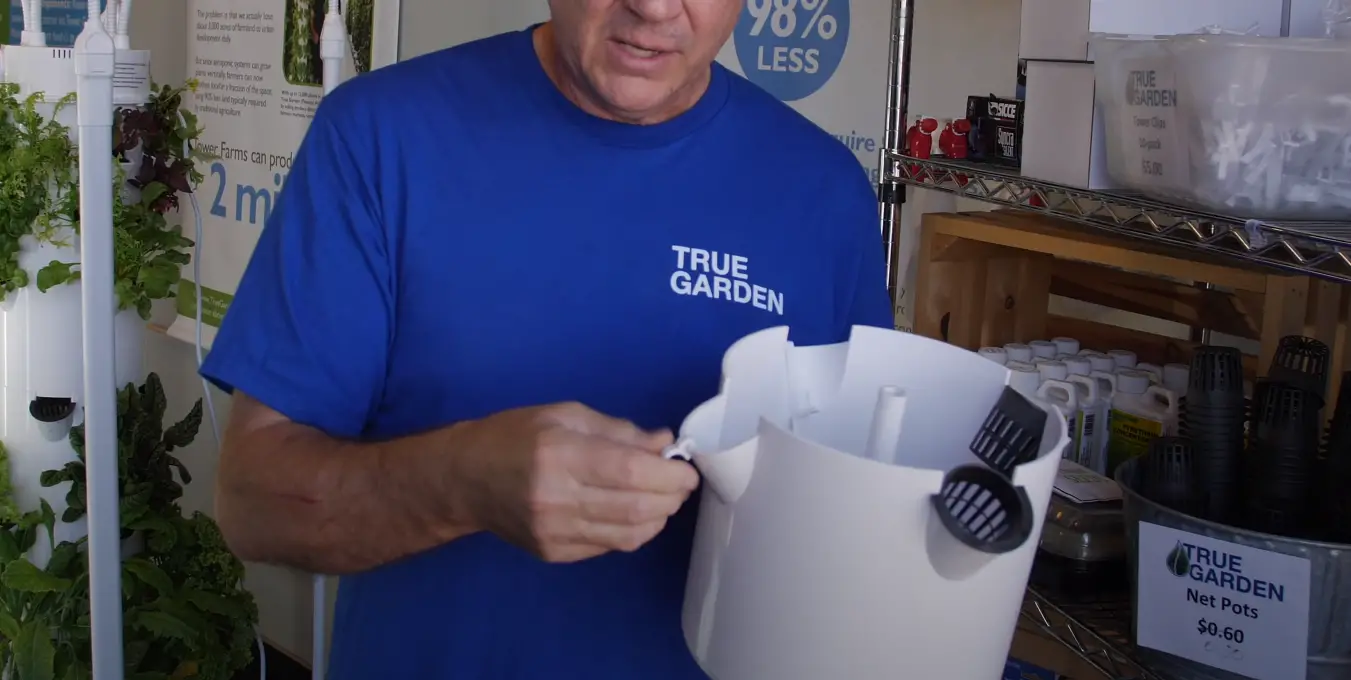
Finally, Tower Garden tonic can be used as a foliar spray on your plants’ leaves to give them an extra boost of nutrients. Applying it directly onto their foliage allows for faster absorption into the plant’s cellular structure, providing fast relief from environmental stressors or nutrient deficiencies that could otherwise stunt growth.
No matter what your goals are in the garden, Tower Garden tonic is sure to provide long-term benefits and ensure a successful harvest! [3]
What Plants Grow Best In A Tower Garden?
Tower Garden tonic is an excellent way to get more plants in a small space. With the use of vertical aeroponics, Tower Gardens allow you to cultivate dozens of different types of fruits, vegetables, herbs and flowers without taking up much ground space. Plants that grow well in Tower Gardens include tomatoes, peppers, cucumbers, lettuces, strawberries, eggplant and kale. Herbs like basil and parsley are also great options for growing in a Tower Garden. For beautiful color and fragrance, flowers such as petunias and snapdragons can be grown in a Tower Garden as well. With careful selection and proper care, nearly any type of plant can thrive in this unique style of gardening!
How Often Should I Water My Tower Gardens?
Watering your Tower Garden depends on several factors, such as the size of the system, climate and season. Generally, you should water your tower garden twice a week if the plants show signs of wilting. In hot or dry climates, you may need to increase this frequency to three times a week. If there is consistent rain in your area, then it’s best to reduce watering to once or twice per week.
Monitoring your plants is also important when assessing how often to water them. Wilting leaves are a sign that they need more moisture while yellowing or browning leaves indicate over-watering. If you notice any signs of stress in your plants, adjust your watering schedule accordingly. In general, less frequent but heavy watering is better for ensuring healthy plant growth and root development with proper drainage as well as avoiding dry spells.
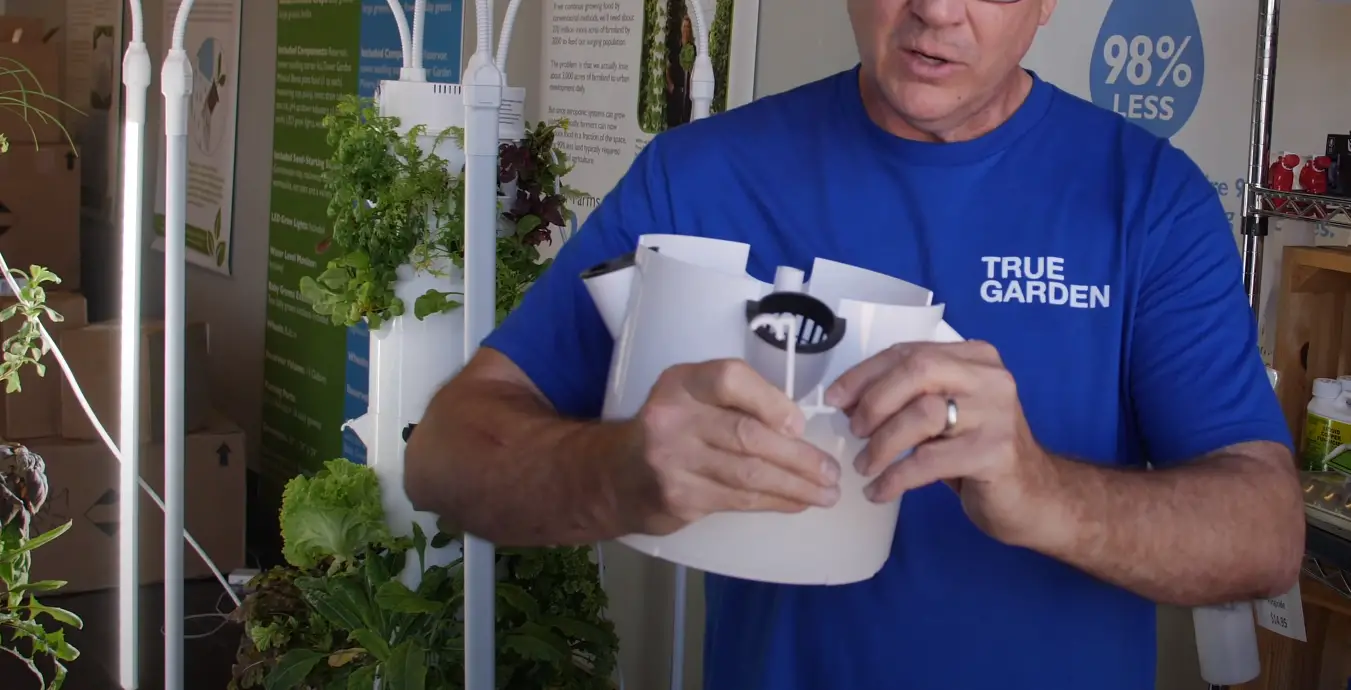
By following these tips for watering your tower garden, you can ensure that your plants will stay healthy and thrive in their environment. With the right water schedule and Tower Garden Tonic as a supplement, you’ll be able to enjoy beautiful blooms all season long. [4]
How Much Electricity Does A Vertical Garden Use?
Vertical gardening is highly efficient in terms of its energy consumption. A Tower Garden Tonic uses a fraction of the electricity that traditional irrigation systems require. This means you won’t have to worry about excessive electrical costs. In fact, the total energy used for a Tower Garden Tonic growing system is estimated at around 4 watts per hour, which is much lower than what would be required for typical watering systems such as sprinklers and drip irrigation. The low usage also helps reduce our environmental footprint, as it requires less fuel and fewer resources to operate. As an added bonus, this method of gardening can save you money on your monthly electric bill!
In addition to being cost-efficient and environmentally friendly, vertical gardens also provide a great way to enjoy the outdoors without having to worry about lawn maintenance. By placing your vertical garden in an area that receives plenty of sunlight, you’ll be able to grow healthy plants and vegetables without expending much energy or time. Plus, since Tower Garden Tonics come with them they are also incredibly easy to maintain, as they require minimal water and no soil. Tower Garden Tonics use a nutrient-rich solution instead of soil, reducing the need for complex irrigation systems. This makes it perfect for those who lack the space or expertise to create more traditional gardens.
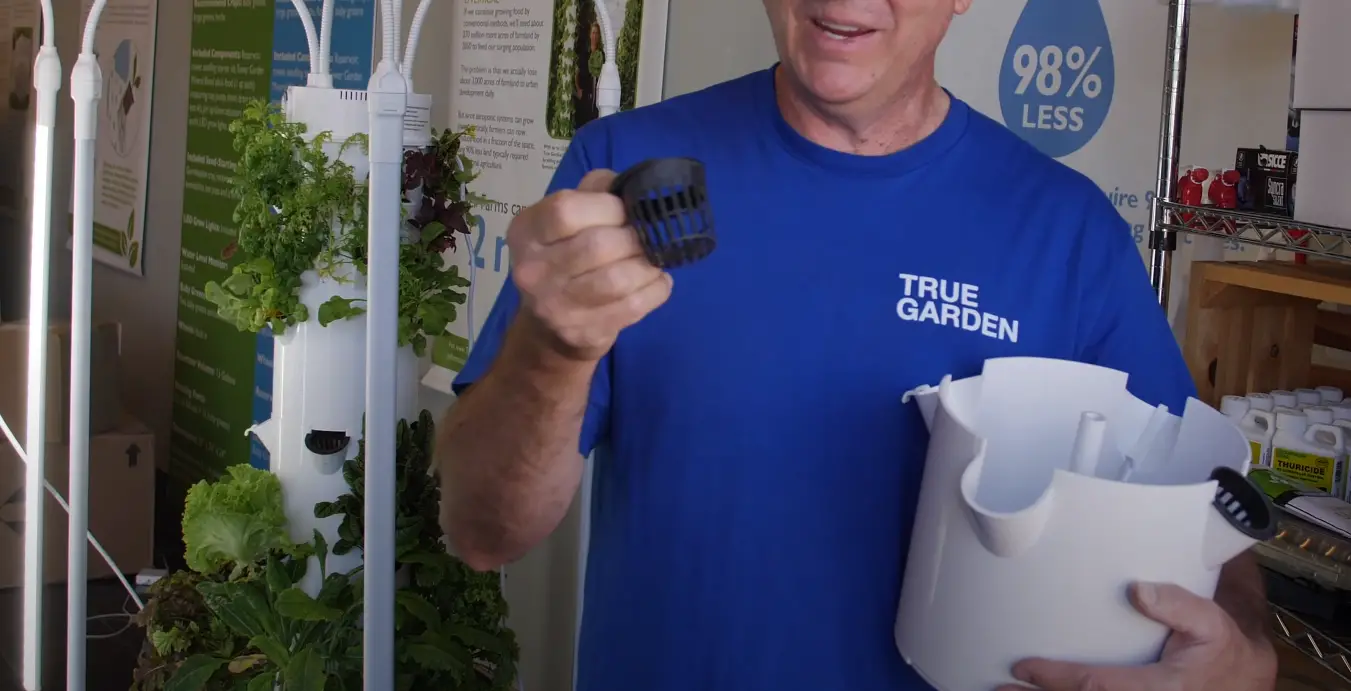
How Often Do You Add Nutrients To A Vertical Hydroponic Garden?
The frequency and amounts of nutrients to be added to a vertical hydroponic garden depend on several factors, including the size and type of plants being grown, the growth stage of your plants, and environmental conditions such as temperature, humidity, light intensity, etc.
For optimal plant health and growth in a vertical hydroponic system using Tower Garden Tonic, nutrients should be added every 1–2 weeks. It is important to check the nutrition levels of your garden regularly and adjust nutrient dosage accordingly. For instance, if you observe that your plants are growing slower than expected or showing signs of nutrient deficiencies (yellowing leaves are a classic sign), it may be necessary to increase the amount or frequency of nutrient additions.
Applying too much of any one nutrient can lead to nutrient burn or deficiencies in other required elements. TGT provides an all-in-one solution for vertical hydroponic gardens, so no additional fertilizers or supplements should be necessary unless your plants have specific requirements beyond what is provided by the tonic alternative.
If you find yourself needing to supplement your garden with additional nutrition, be sure to use products specifically designed for hydroponics and only add them directly into the water reservoir or container in which the roots are submerged (never directly onto the plant itself!). With proper nutrients and maintenance, your vertical hydroponic garden should thrive! [5]
Do Vertical Hydroponic Gardens Need Sunlight?
This is a common question posed by those considering hydroponic gardening. The answer is yes, they do need sunlight for optimal growth and development. However, not all plants require the same amount of light to reach their full potential.
Fortunately, Tower Garden Tonic can provide the supplemental lighting needed for vertical gardens indoors or in areas that don’t get direct sunlight. This innovative product offers up to 12 hours of continuous LED light that’s specifically tailored to maintain healthy green foliage and colorful blooms. Its adjustable stand and height allow users to place the lights just a short distance from their plants — no matter how tall they are. Plus, its built-in timer provides a convenient shut-off time each day.
When to Use an Alternative for Tower Garden Tonic?
An alternative for Tower Garden Tonic may be used when regular use of the product is not possible. This could include situations where access to Tower Garden Tonic is limited or unavailable, or in cases where higher concentrations of necessary micronutrients are needed than what Tower Garden Tonic provides. Using an alternative can provide a simple solution for gardeners who may not have access to the traditional product.
When selecting an alternative for Tower Garden Tonic, it is important to ensure that the product is safe and effective for plants. It’s also important to consider the cost effectiveness of the product, as well as its availability in your area. Always read the label of any alternative used to ensure that it provides all necessary elements for optimal growth and health of plants. Finally, make sure that you follow all directions on the label when using any kind of fertilizer or nutrient supplement, including those designed for Tower Garden Tonic alternatives. [6]
Can Things Go Wrong While Using Alternatives?
The answer is yes. While alternatives to Tower Garden Tonic can be helpful, it’s important to note that they come with their own risks and potential downsides. For example, some alternative products may not provide the same level of protection or performance as Tower Garden Tonic, or they may contain unsafe ingredients. Additionally, there are certain risks associated with any kind of tonic use—so if you choose to use an alternative product instead of Tower Garden Tonic, be sure to read all labels and instructions carefully before you begin using it. To ensure the best results, consult with a professional before making your decision.
Ultimately, when it comes to supplementing your garden care routine with a tonic alternative, it’s crucial to do your research and choose the product that’s right for you. Be sure to weigh the benefits and drawbacks carefully before making any decisions, as tonics can play an important role in supporting healthy garden growth. With a little bit of knowledge and careful consideration, you can find the best option for your garden.
FAQ
What is similar to Tower Garden?
There are many products on the market that offer similar benefits to Tower Garden Tonic, such as garden insecticides, fungicides, and fertilizers. However, these products may not provide the same level of protection or performance as Tower Garden Tonic. Additionally, there are different tonic alternatives available that offer specific benefits for gardening needs.
Are alternative tonics safe to use?
The safety of any product depends on how it is used and what ingredients it contains. Before using any alternative tonic product, be sure to read all labels and instructions carefully, and consult a professional if necessary. Additionally, ensure you follow the directions exactly in order to maximize the effectiveness of the product while avoiding potential risks or negative side effects.
What water do you use in a Tower Garden?
It’s important to use the right water for your Tower Garden. Tap water is usually accepted, but we recommend using a tonic alternative like Tower Garden Tonic. This specially designed nutrient solution combines essential minerals and micronutrients that support healthy plant growth without added chemical fertilizers or pesticides. It also helps maintain proper pH balance in your garden, ensuring optimal performance and producing delicious fruits and vegetables. With its all-natural formula, Tower Garden Tonic offers a safe and sustainable way to nourish your plants! And because of its low viscosity, it flows easily through the irrigation system of your tower garden with minimal clogging or maintenance issues. Plus, it’s easy to measure out—just one tablespoon per gallon—for the perfect amount of nutrition and pH balance for your plants. With Tower Garden Tonic, you can be sure that your fruits and vegetables are getting the best care!
How much mineral blend to add to Tower Garden?
Tower Garden Tonic is a complete liquid nutrient solution, so there’s no need to add additional mineral blends. For best results, use one tablespoon of Tower Garden Tonic per gallon of water. Depending on the health and size of your plants, the amount may vary from season to season, but this is a good starting point for most gardeners. If you’re growing smaller or more fragile plants, you can reduce the amount slightly for optimal performance. It’s also important to check the pH balance of your water every two weeks and adjust as necessary using an easy-to-use pH test kit. This will ensure that your plants are getting all the nutrients they need for healthy growth!
Can you use regular seeds in a Tower Garden?
The answer is yes, you can. Tower Garden Tonic provides an easy way for gardeners to grow their own food in a vertical environment without having to purchase specialized seeds. With the unique aeroponic system, regular seeds can be used to create a thriving garden with healthy fruits and vegetables. In addition to providing an easy way to grow your own produce, Tower Garden Tonic also eliminates the need for soil or irrigation systems, so it’s perfect for those who are looking for a low-maintenance gardening solution. But, before using regular seeds with the Tower Garden, make sure they are suitable for the aerobic growing method provided by this innovative system. Some varieties that do particularly well in aerobic environments include tomatoes, cucumbers, peppers, and lettuces. So if you’re looking to get started with a Tower Garden, don’t be afraid to use regular seeds! With the right varieties, you can have a thriving garden in no time.
What are the cons of Tower Garden?
The main con of Tower Garden is the cost. The system as a whole can be quite expensive, especially if you are purchasing multiple units. Additionally, the setup process can be complex and require some technical knowledge to get it running properly. Lastly, while Tower Gardens are relatively low-maintenance compared to traditional gardening methods, they do still take time and effort to monitor and maintain. Regular monitoring is needed to ensure your plants are getting enough water and nutrients, as well as checking for pests or other issues with your plants. If not monitored properly, these elements could lead to crop failure or reduced yields. Therefore, it is important that potential customers understand the level of dedication required in order to have successful crops with a Tower Garden.
What are the benefits of Tower Garden?
Tower Garden offers a unique way to grow your own produce with minimal effort. The vertical aeroponic system allows you to grow fresh, nutrient-rich food in half the time of traditional gardening methods. You can easily adjust the lighting, watering and nutrients to customize for each plant’s needs. Plus, Tower Garden is great for those who live in small spaces because it takes up so little room. With Tower Garden, you can ensure that your family has access to the freshest produce possible without having to spend hours tending a garden or dealing with soil pests and weed control. And because of the clean water recirculation process, there’s no waste or run-off into the environment!
Useful Video: Tower Garden Net Pot Alternatives | True Garden
Conclusion
For gardeners looking for a more natural and sustainable alternative to traditional plant fertilizers, Tower Garden Tonic is an excellent choice. It’s made from all-natural ingredients and provides the necessary nutrients that plants need to grow healthy and strong. It’s easy to use, has no synthetic chemicals or toxins, and can be used in both indoor and outdoor gardens. Plus, it’s available at an affordable price point so you won’t break the bank trying it out. Ultimately, Tower Garden Tonic is a great alternative to traditional fertilizers with its organic composition and cost-effective pricing. So if you’re looking for an effective way to give your garden a boost without breaking the bank or using toxic chemicals, give Tower Garden Tonic a try. You won’t be disappointed!
Happy gardening!
References:
- https://gardenguider.com/tower-garden-tonic-alternative/
- https://www.houzz.com/discussions/1993152/alternative-nutrient-solution-for-tower-garden
- https://www.reddit.com/r/Hydroponics/comments/irp6dk/alternatives_to_the_tower_garden_tower_tonic/
- https://www.ecopeanut.com/best-vertical-garden-planters/
- https://seedstoseedlings.com/tower-garden-mineral-blend-alternatives/
- https://atlurbanfarms.com/product/tower-garden-mineral-blend/





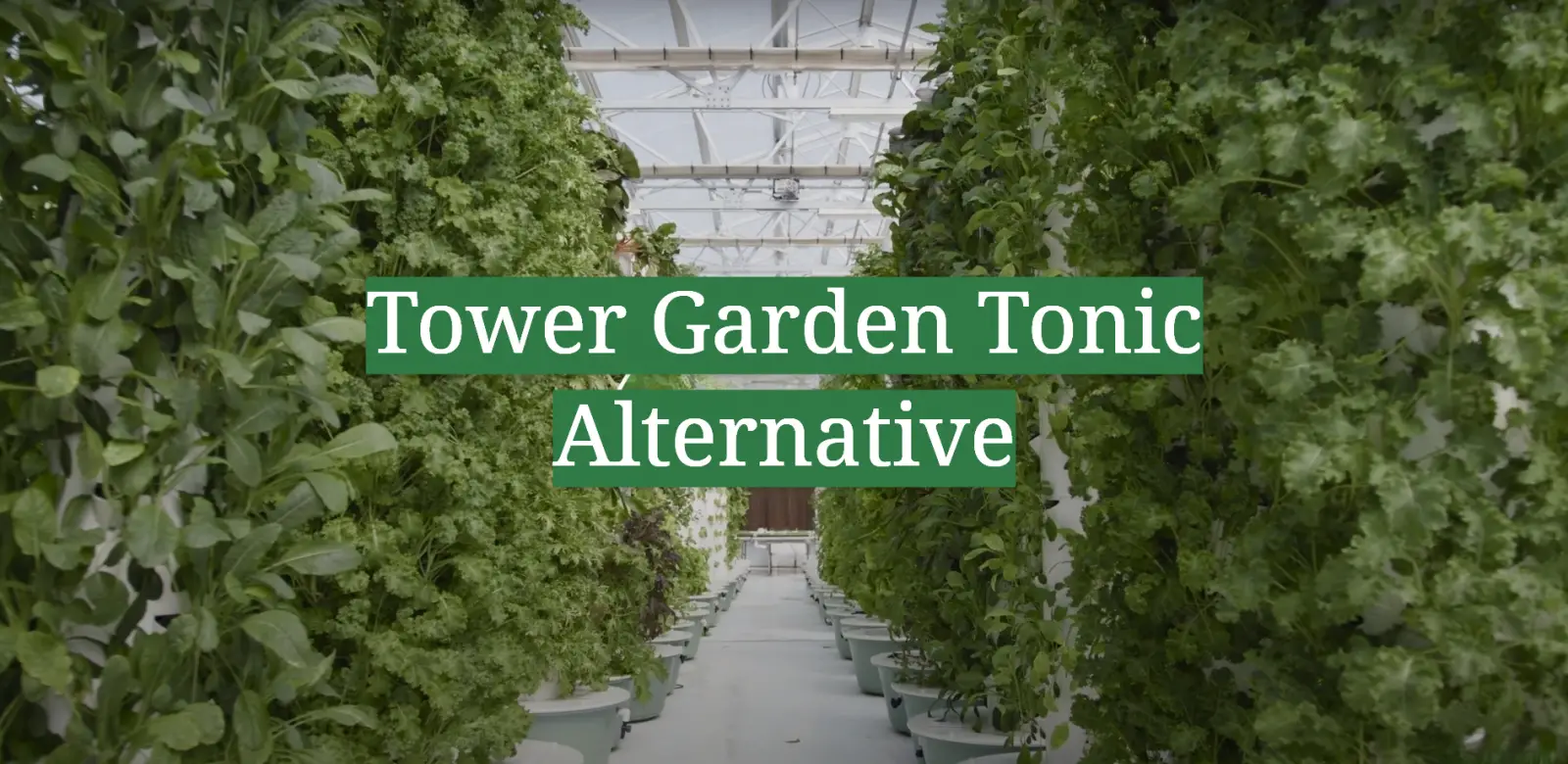
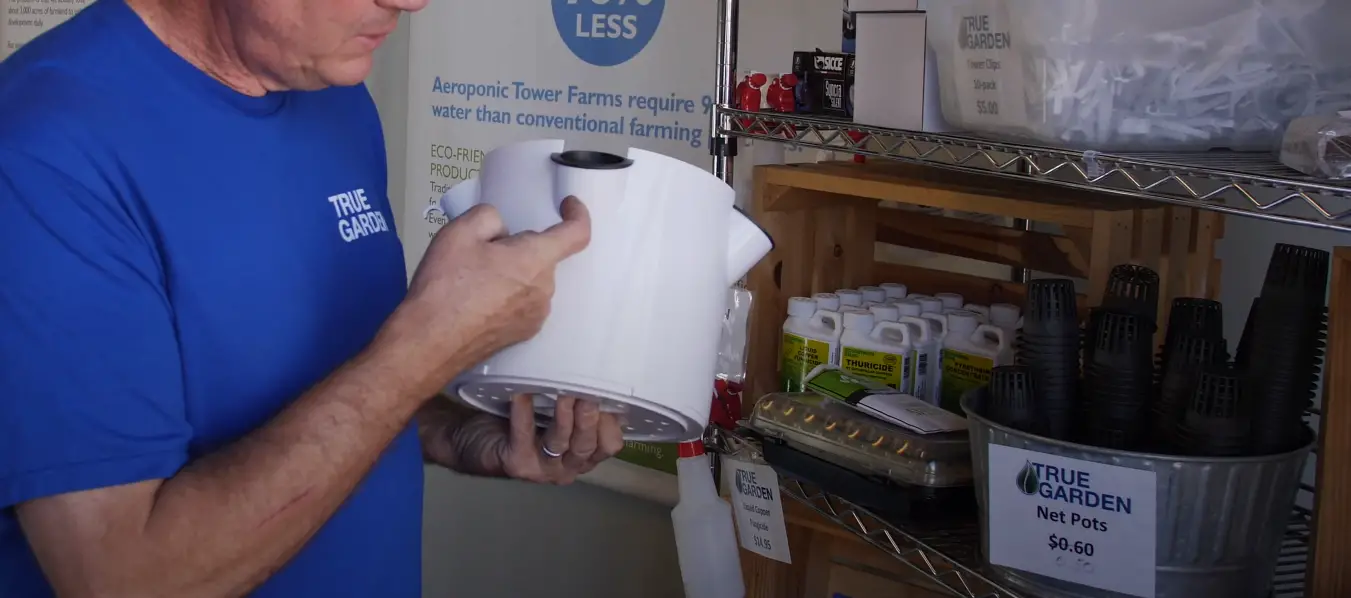
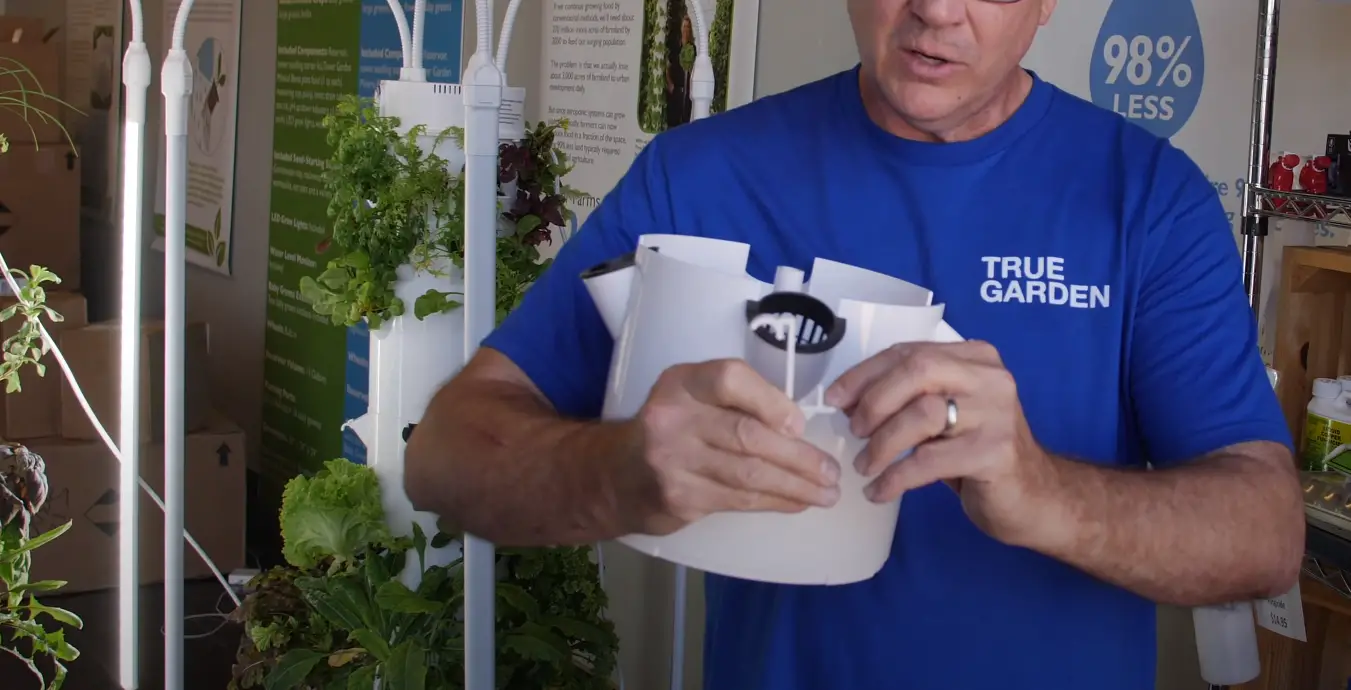
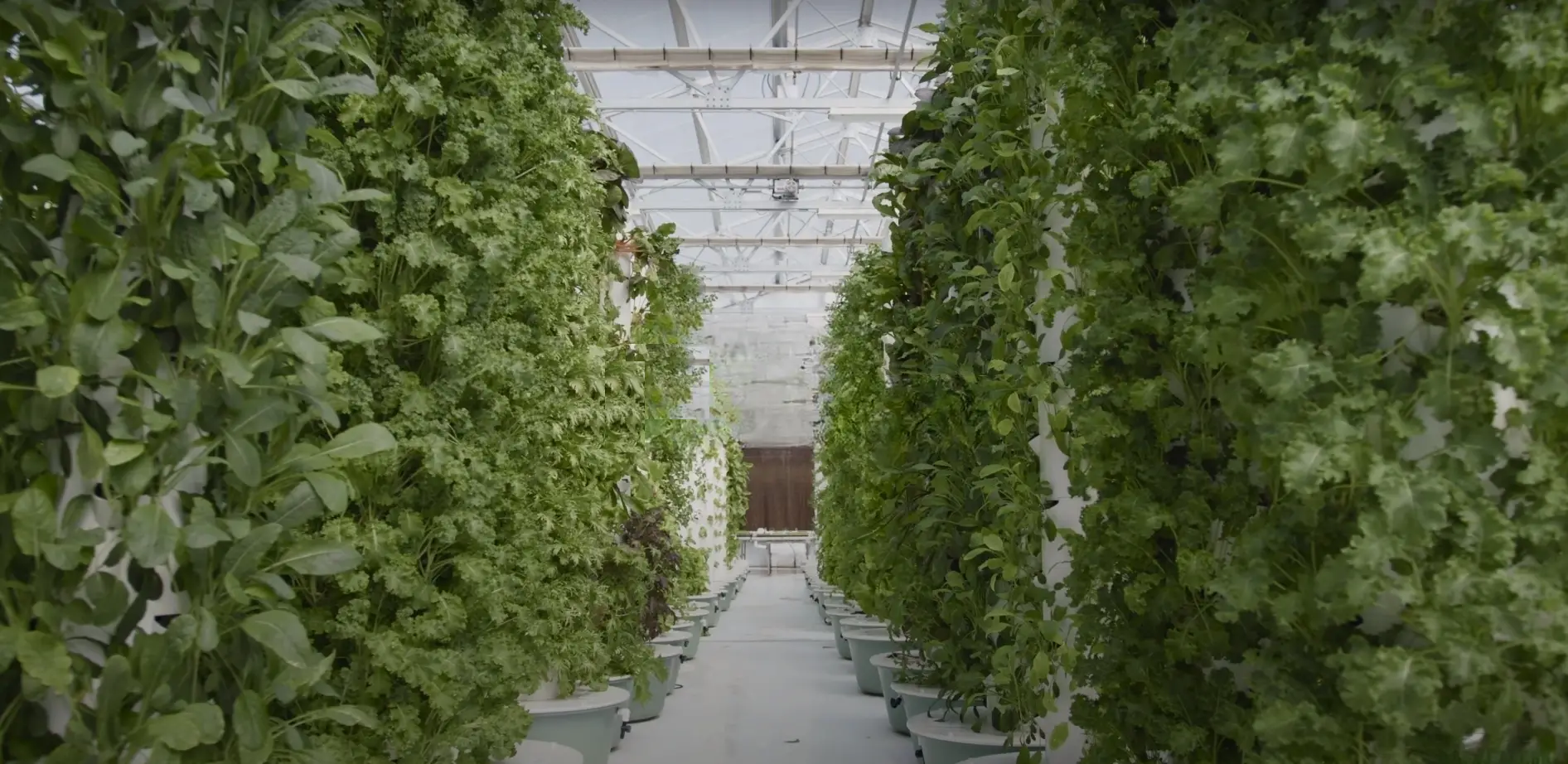

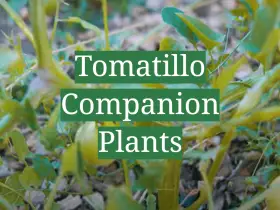
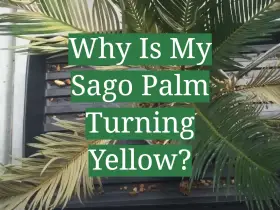
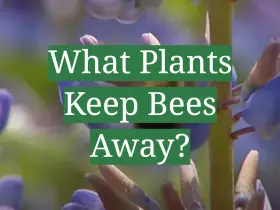
Leave a Reply
View Comments